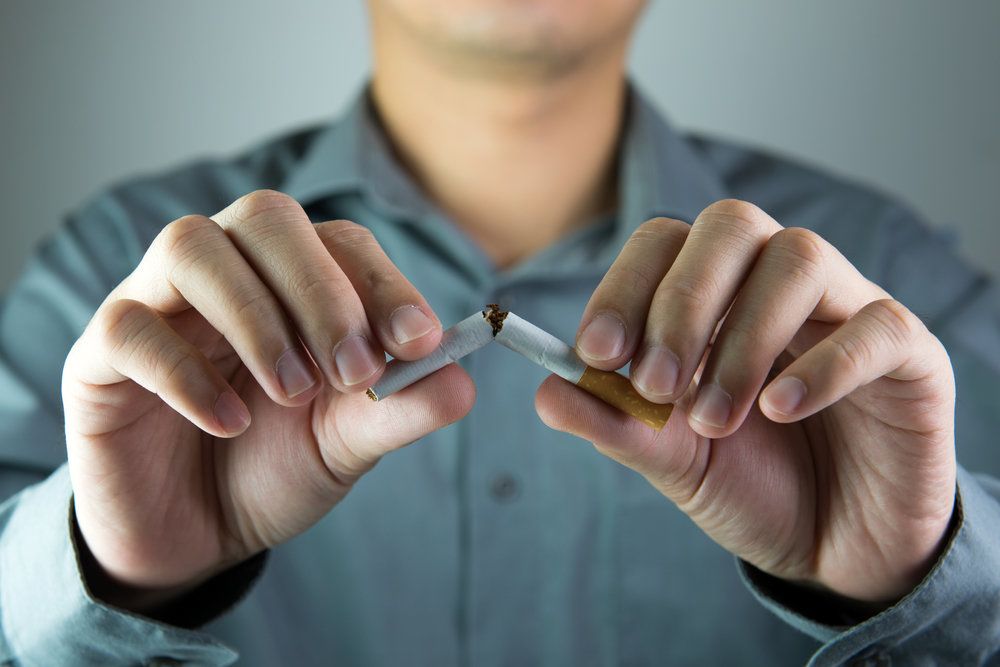Can I Smoke before and after Gastric Sleeve Surgery?
 Medical obesity interferes with daily functions and increases the risk of numerous health problems, including heart disease and diabetes. Weight loss can significantly improve a person’s mental and physical well-being, but shedding extra pounds is not easy.
Medical obesity interferes with daily functions and increases the risk of numerous health problems, including heart disease and diabetes. Weight loss can significantly improve a person’s mental and physical well-being, but shedding extra pounds is not easy.
Surgeons in the Tijuana Bariatrics network offer weight loss procedures, such as gastric sleeve surgery, to restrict the size of the stomach and reduce calorie intake. Gastric sleeve surgery offers promising results, but patients need to commit to the recovery process.
A common question among patients in Tijuana, Mexico, Monterrey, Mexico, and surrounding areas, is “can I smoke before and after gastric sleeve?” Here we discuss smoking restrictions surrounding bariatric surgery, and explain how this habit can interfere with the recovery process.
No Smoking before or after Surgery
For patients who ask if they can smoke before or after gastric sleeve surgery, the short and simple answer is “no.” Smoking is known to increase the risk of various health problems, including emphysema, COPD, and lung cancer. What is not as well-known is that smoking also increases the risk of surgical complications and slows down the healing process.
Because of the many health concerns associated with cigarettes, individuals who are considering gastric sleeve surgery are strongly encouraged to quit smoking prior to their procedure and to continue to refrain from smoking after treatment is complete. Ideally, bariatric surgery patients should quit smoking at least six weeks before the date of treatment.
Surgical Complications and Smoking
Smoking has a big impact on surgical recovery and healing. Tobacco smoke shrinks the blood vessels, which restricts blood flow to the stomach, and prevents adequate oxygen from being delivered to the surgical site and throughout the body. Not only does this slow down surgical recovery, but it narrows the entrance to the new stomach pouch, which makes pain, nausea, and vomiting more likely.
Cigarette smoke also increases the risk of ulcers, which can lead to internal bleeding, stomach obstruction (or blockage), and stomach perforation. Any of these complications could create an emergency situation that requires surgical treatment.
When Is it Safe to Smoke Again?
Realistically, smoking is never safe. Smoking compromises organ functions and increases the risk of stroke, heart attack, lung disease, blood clotting, and cancer. Smoking also interferes with surgical recovery, slowing down the process and making post-surgical complications nearly twice as likely as in non-smokers.
Generally, surgical patients are advised to refrain from smoking for at least six weeks prior to a surgical procedure and another four to six weeks after surgery. However, when it comes to bariatric surgery, patients are strongly encouraged to give up the habit for good. Surgical complications associated with smoking, such as stomach ulcers, stomach blockage, and perforations, can develop even years after surgery, so individuals who choose to smoke after bariatric surgery are putting themselves at risk.
Contact Tijuana Bariatrics
Individuals who are considering gastric sleeve surgery or other bariatric treatments can work with Tijuana Bariatrics to coordinate the procedure. To learn more about your surgical options and how best to promote the success of treatment, send us a message online, or call (800) 308-3607.




